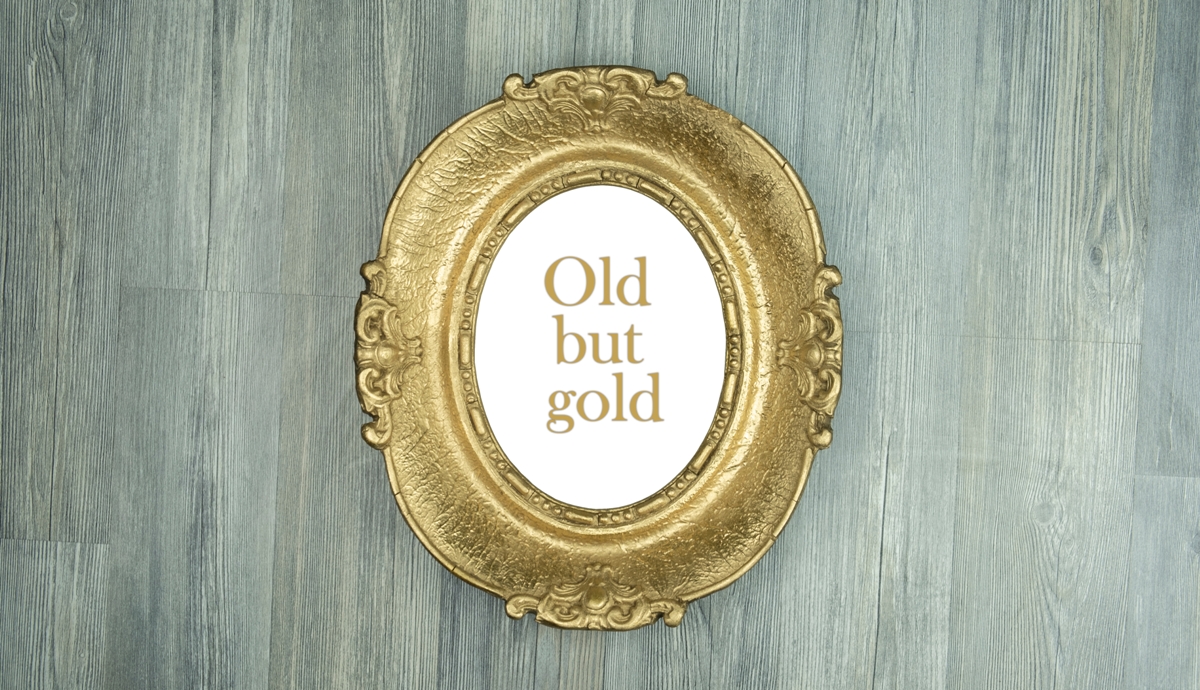With a positive and fact-based outlook towards growing old, we challenge six common misconceptions about senior living today
Most people focus on chronological age to determine ageing and this would be fine if its relationship with biological age were constant. But sustained improvements in life expectancy point out that this isn’t the case anymore.
Over the course of the 20th century, life expectancy increased around 10 years for each generation. What this means in reality is that a 75-year-old today has the same mortality rate as a 65-year-old in 1950.
So, 75 really is the new 65.
This decline in mortality rates has implications for the understanding of old age.
If we are, on average, healthier at each chronological age, then biological ageing is occurring more slowly.
We are, in effect, younger for longer.
Take a look at the way we experience the earlier phases of the lifecycle. Adolescence now extends well into one’s 20s. And young adulthood these days is characterised by a period of exploration and discovery, free from traditional grown-up responsibilities such as marriage and parenthood
Following on this logic, if we are healthy in our 70s and 80s, should this be a time of more work? Deepening our commitments to society? and/or greater leisure and play?
In this golden era of a “new old age,” we will have a longer time to recreate our own identities and that’s just what we are doing as today’s senior generation.
1. Ageing = declining health or disability
This is one of the biggest misconceptions. Today’s seniors look after their health and invest in their quality of living.
As mentioned above, choices made through one’s lifetime determine our health in old age, not our age itself.
The news is good for seniors. It’s never too late to start living healthy and our seniors are doing what it takes to help overall well- being and happiness.
2. Memory loss is an inevitable part of ageing
Memory loss is not a given in old age.
We may take longer to recall someone’s name, but significant memory loss, or an illness like dementia, is not inevitable.
We can work towards keeping the hippocampus (the part of the brain, which is responsible for memory), healthy in order to avoid such problems.
Activities such as solving puzzles, crosswords, reading books, learning a new language or a musical instrument and writing, are among some things that can help keep the brain stimulated.
Eating healthy and being physically active is also a crucial part of keeping our brains healthy.
3. Older people have no interest in sex
Sexual activity remains an integral part of our lives as we age. We might prefer hugs, kisses, and cuddles from our partners over sexual intercourse, but the need for intimacy does not diminish.
In fact, as we age, our definition of sexual activity broadens and we start appreciating other aspects of deeper sexual intimacy such as the bonds of trust, understanding, friendship and support.
4. All old people are senile and have nothing left to give back to society
What we may lose in terms of physical ability, we make up for with our lifetime of experiences and years of wisdom.
Seniors can make valuable contributions to the community because they’ve been through a lifetime of experiences.
Spending time with the younger generation, sharing our experiences, and also learning from theirs, develops deeper family and community bonds.
Universally, there is no better time than now that seniors can help heal a fragmented society —by sharing their gold—positive and profound insights with the younger generation.
5. You cannot teach an old dog new tricks
This stereotype is most commonly associated with older people. So misconstrued!
With age, seniors tend to have more free time on our hands, hence we spend a lot more time with younger people, such as our children and grandchildren. We therefore learn how to be open to new ideas, observe their pattern of doing things, and also develop new interests as a result.
Seniors have also picked up hobbies and have proven by example how to be a source inspiration to the younger generations.
During this pandemic, we have learned double-quick, how to go online for most of their needs. From Zoom meetings and meditations, to posting pictures, seniors have taken the digital revolution in their stride.
6. Chronological age
The introduction began with this discussion. A 60 year old may not feel 60 and an 80 year old may feel more like 70.
There is perhaps one more reason why we need to move away from the dominant chronological concept and stereotyping of ageing.
The real truth about ageing lies in diversity and mind-set. You are as old as you believe and feel.
Take Har Prakash Rishi, the 78 year old who’s obsessed with breaking records or Robert Marchand, still making new cycling speed records at 105.
It’s also possible that you may end up in a wheelchair by 50. Does that make you old?
This diversity of experience in what it means to be old will become all the more apparent as more of us live into old age.
Additionally a shift from chronological to a biological sense of age undermines lazy, age-based stereotypes and helps us to understand better how our own efforts may influence our ageing process.
Finally, our psychological state (mind-set) towards old age is a huge determinant of how we age. With a negative and cynical attitude, we are more prone to becoming depressed, anxious and stressed in our old age. We may also tend to lose our motivation to be optimistic, and may not cope well with changes.
On the other hand, if we were to just go with the flow of life and be content from within, we can certainly weigh more than gold in our value to the planet.








